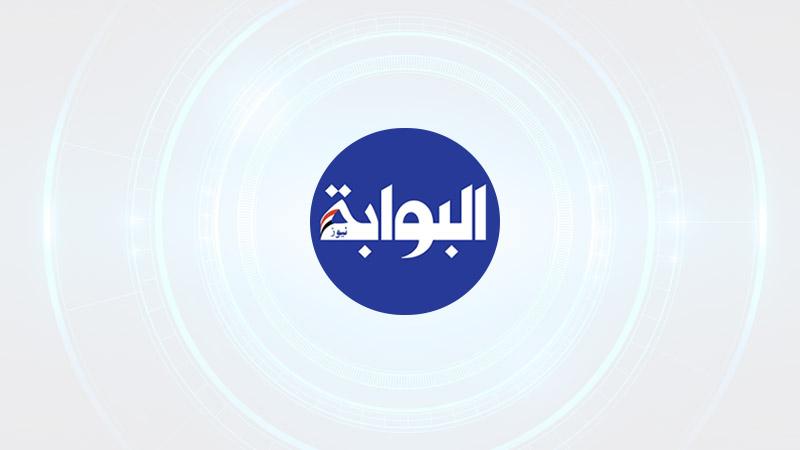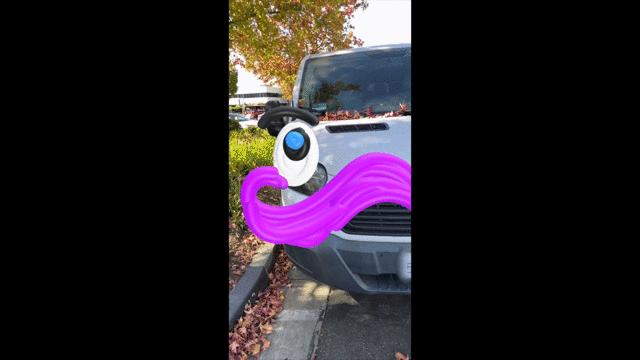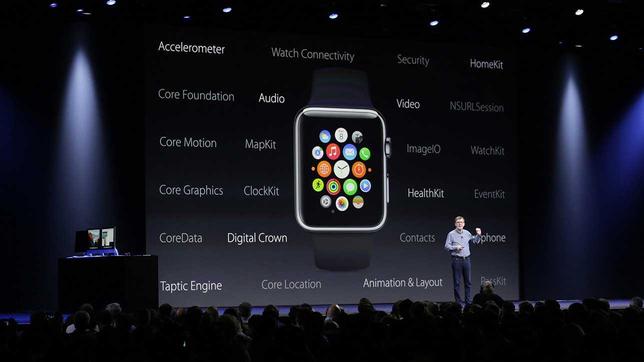French Foreign Minister: Russia will not be able to pay for the war with Ukraine
Follow the latest news via the application
French Foreign Minister Jean -Yves Laudreian announced that Russian President Vladimir Putin is completely isolated and will put Russia in an unbearable position, stressing that he will not be able to pay the price of the war with Ukraine.
France's Foreign Minister said on Sunday that French President Emmanuel Macron stressed the need to maintain a line of communication with Russia, according to what he reported.
Laudrian stressed that Paris is working to stop the fighting, noting that the war will harm Russia, adding: We and NATO are not in war with Russia.
The American Bloomberg Agency had previously stated that the European Union and the United States and a number of America's allies in ASEAN responded to the Russian invasion of Ukraine by imposing unprecedented financial sanctions in relation to a goal in the size of Russia.
The steps taken to isolate Moscow within the global financial system are aimed at punishing Russian President Vladimir Putin by planting the seeds of chaos in his country's economy.
In the early hours of Thursday morning, February 24, Russia started a special military operation in Ukraine after the Donetsk and Logansk republics requested to help themselves from the intense attacks of the Ukrainian forces..
For months, Russian President Vladimir Putin denied planning the invasion of Ukraine, but now tore a peace agreement and sent his forces across the border to the northern, eastern and southern regions of Ukraine.
While the death toll is rising, Putin faces accusations that he threatens peace in Europe.What is happening in the coming days may threaten the security of the entire European continent.
Russian forces are currently advancing in the Ukrainian capital Kyiv from several directions after he ordered the Russian leader to invade.
Moments before the start of the invasion, President Putin appeared on TV, announcing that Russia could not feel "safe and evolving" because of what he described as the constant threat from modern Ukraine.
The military airports and headquarters were first bombed near the cities across Ukraine, including the main Borisspel International Airport in Kyiv.

Then the Russian tanks and forces penetrated in the northeast of Ukraine, near the city of Kharkif, which has a population of 1.4 million people, and in the east near Luhansk, as from the neighboring Belarus in the north.The Russian forces in the cities of Odessa and the Great Mariolol were descended in southern Ukraine.
President Putin gave many wrong or irrational arguments, as he claimed that his goal of the military operation is to protect people who "are exposed to bullying and genocide", and that he seeks to "disarm and Nazi ideas" from Ukraine.
There was no genocide in Ukraine, which is a vibrant democracy led by a Jewish president."How can I be Nazia?"Folodimer Zellinski, who likened Russia's attack by invading Nazi Germany in World War II.President Putin has often accused that the extremists took control of Ukraine, since the overthrow of its pro -Russian president, Victor Yanukovic, in 2014 after months of protests against his rule..Russia responded to this by controlling the southern Crimea and supporting a rebellion in the east by the separatists loyal to Moscow who fought the Ukrainian forces in a war that has so far killed 14,000 people.
In late 2021, Putin began deploying large numbers of Russian forces near the borders of Ukraine, then this week canceled a peace agreement concluded in 2015 in the east and admitted the areas controlled by the rebels as independent areas.Russia has always resisted the movement of Ukraine towards the European Union and the NATO Alliance.Upon announcing the military operation in Ukraine, Putin accused NATO of threatening "our historical future as a nation".
At the present time, it is not clear whether the Russian leader is seeking to overthrow the democratic elected governmentAnd near Kharkiv in the north, Putin sends a sign that his goals exceed the eastern regions that were struck by eight years of war..In the days before the invasion, when up to 200,000 Russian soldiers were close to the borders of Ukraine, Putin focused his attention on the East.But by admitting the pro -Russian states in Luhansk and Donitsk as two independent states, he had already decided that they were no longer part of Ukraine..Then he revealed that he supports the demands of separatists with more Ukrainian lands.
The "popular republics" that have installed themselves cover more than a third of the areas.The Russian president said: "We have recognized them, and this means that we confessed to all their establishment documents.".Putin was not satisfied with admitting them, but signed a decree allowing Russian forces to station there publicly and by creating military bases as well.
Dozens were already killed by civilians and soldiers, in what Germany called "Putin's War".For European leaders, this invasion brought some of the darkest hours since World War II.For the families of those involved in the armed forces of the two countries, there will be difficult days to come, although the invasion of its neighbor was a rubber seal by the Senate in the Russian Parliament, but this is not a war that the Russian people were ready for it.The head of the joint American Chiefs of Staff, Mark Millie, said that the size of the Russian forces warns of a "terrible" scenario with the arrival of the fighting to heavy urban areas..
Ukraine has strengthened the power of its armed forces in recent years, and Russia is facing hostile residents.The army summoned all the reserve soldiers between the ages of 18 and 60.In the words of German counselor Olaf Schultz: "There is no justification for the step.This is Putin's war ".But the invasion will have indirect effects on many other countries adjacent to both Russia and Ukraine.Latvia, Poland and Moldova say it is preparing for the flow of refugees.Moldova and Lithuania announced the state of emergency.
NATO put its warplanes on alert, but the Western alliance made it clear that he had no plans to send combat forces to Ukraine itself.Instead, Ukraine was offered to provide advisers, weapons and field hospitals.Meanwhile, 5,000 NATO soldiers were deployed in the Baltic countries and Poland.4000 others can be sent to Romania, Bulgaria, Hungary and Slovakia.At the same time, the West targets the Russian economy, financial institutions and individuals:
The European Union also wants to restrict Russia's access to financial markets and isolate its industry from the latest technologies and defense, as it agreed to extensive sanctions that include all 351 members of the Russian parliament, who voted in favor of the "illegal decision" of Russia to recognize the regions controlled by the rebels as independent countries.
Germany commented on the approval of the Russian gas pipeline "Nord Stream 2", a major investment for Russia and European companies.
The United States said it will isolate the Russian government from Western financial institutions and target high -level "elites", and Britain targeted five major Russian banks and three Russian billionaires with sanctions.
The three Baltic countries called on the entire international community to separate the Russian banking system from the international rapid payment system (Swift).This can be badly affecting the economies of the United States and Europe.
In the weeks and months before the Russian forces entered Ukraine, Russia has submitted a series of demands to obtain "security guarantees" from the West, most of which relate to NATO (NATO).










